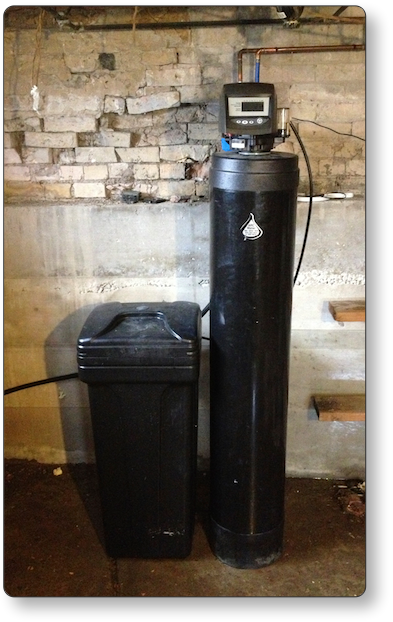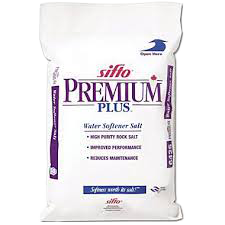
Water softeners are very beneficial in the home setting. They remove hardness and some iron out of the water leaving the water much more desirable for use. Extending the life of water heaters and home appliances, and even saving expensive cleaning products are among the list of benefits of softening water. The proper water softener in a home will save an average family of four up to $75.00 per month on cleaners and overall maintenance costs. There are a vast range of water softeners available from inexpensive contractor type models to ultra high efficiency systems that use as little as 4 bags of salt per year.
Water softeners are one of the best investments you can make. Not only do they remove hardness and iron, that can permanently damage water heaters, dishwashers, expensive fixtures, etc., they are the only home appliance that actually pay for themselves.
This may sound incredible or even far fetched, but here are some facts:
If you are an average family with 4 people, you could be saving up to $ 75.00 per month. Did you know this amount would easily pay the rental on a water softener and leave you enough to fill your car with gas besides?

Water softening is a very simple process. The water passes through a specially manufactured media called softening ‘resin’. The hardness and some iron ions in the water attach themselves to the resin beads. The bead gives off a bit of sodium when hardness or iron is picked up. When these resin beads are full of resin, something like a magnet is full of nails and can’t pick up any more, the resin needs to be cleaned. A high sodium solution such, as water softener salt, is passed through the resin which knocks the hardness and iron off the beads, effectively cleaning and recharging the resin. The process starts over again.
How a water softening system uses the resin, cleans the resin, uses the salt and how efficiently they do this defines the different systems.